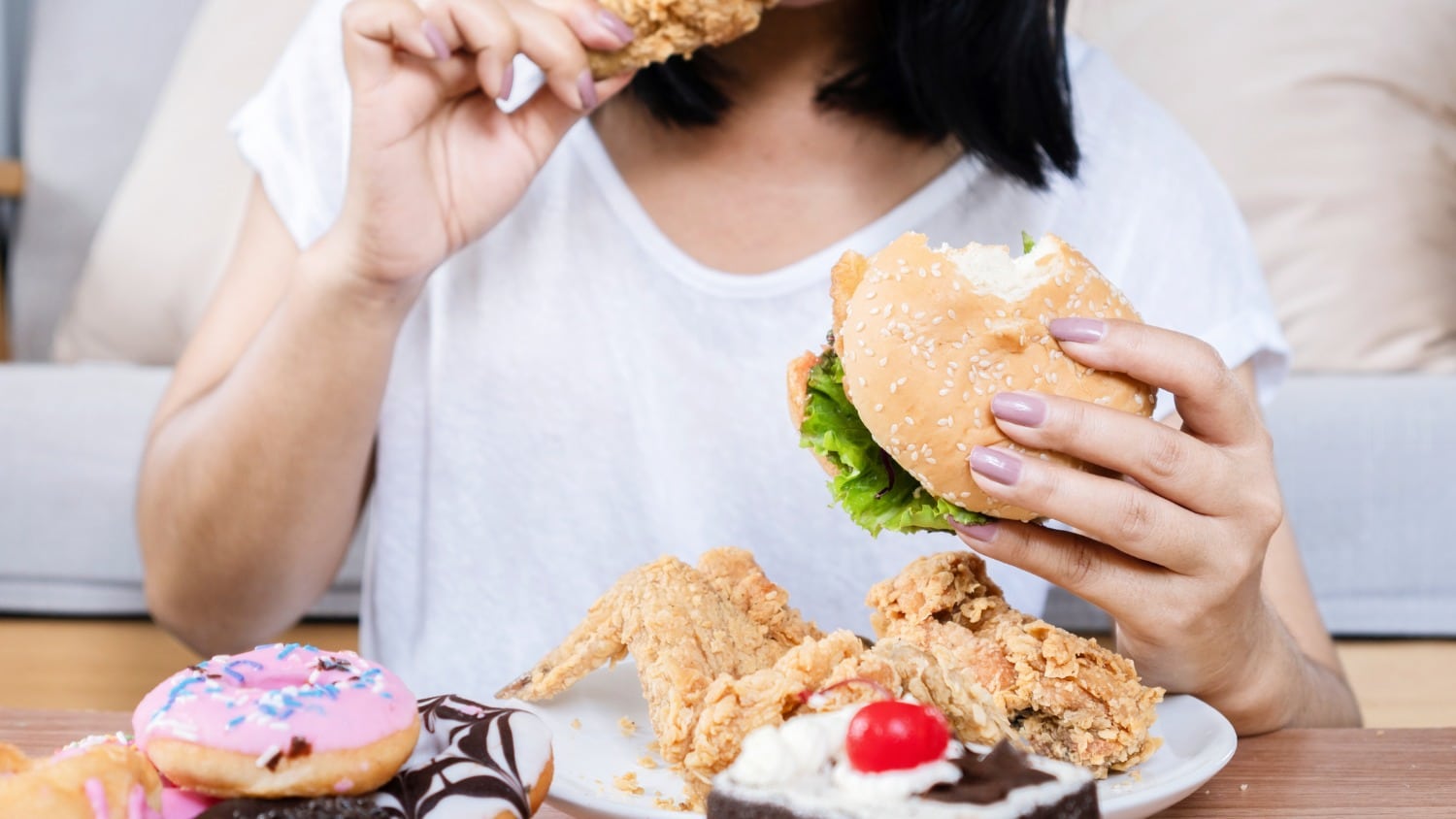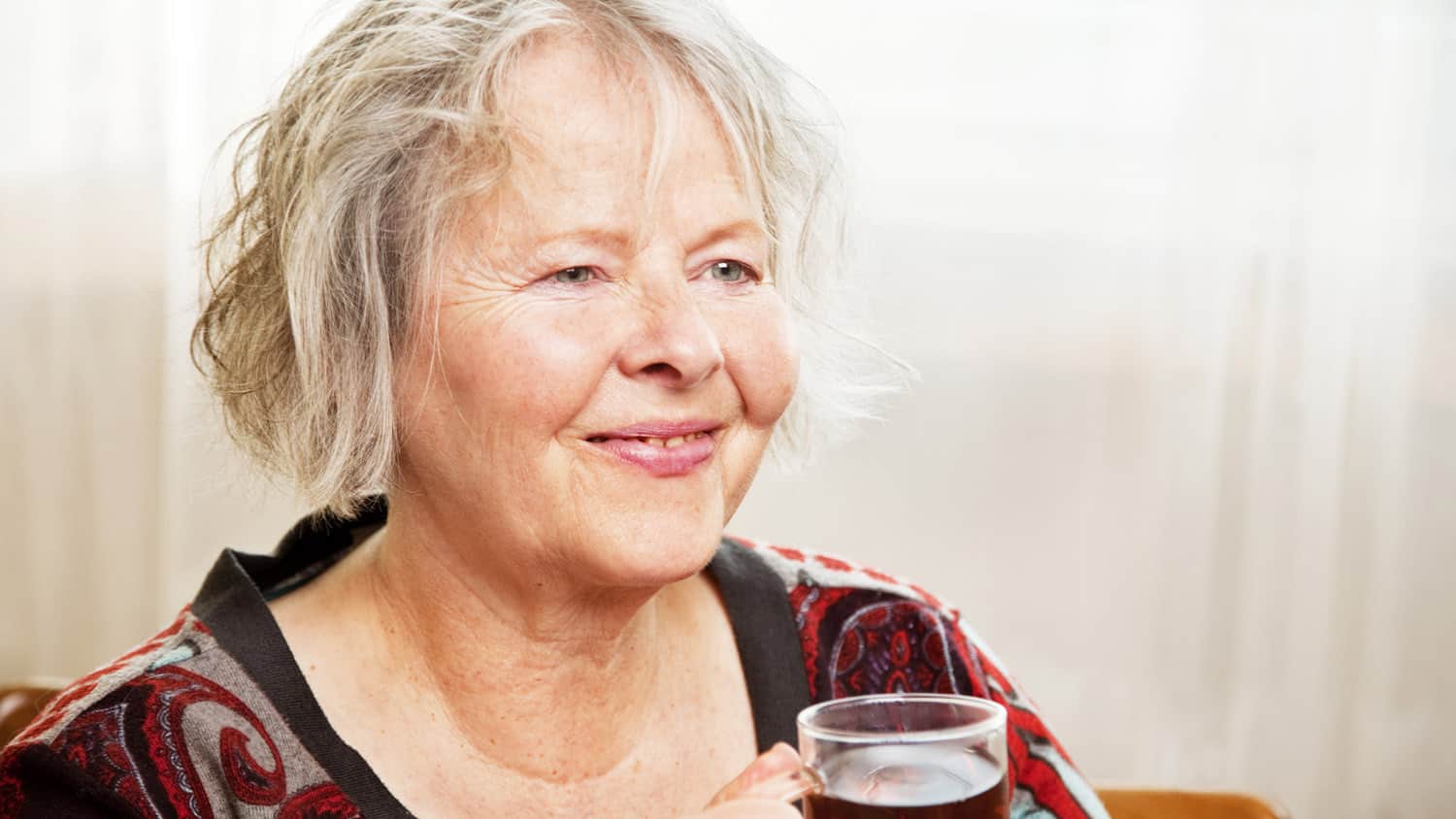
What’s the Difference Between Emotional Eating, Eating Addiction and Food Addiction?
Food is not just fuel for our bodies; it often serves as a source of comfort, pleasure, and even emotional support. However, when our relationship with food becomes problematic, it can lead to various concerns such as emotional eating, eating addiction, and food addiction.
Emotional eating, food addiction, and eating addiction are all related concepts that involve the use of food to cope with negative emotions, compulsive food cravings, and problematic eating behaviors.
The relationship between emotional eating, food addiction, and eating addiction is complex and multi-faceted. In many cases, emotional eating can lead to food addiction and eventually to full-blown eating addiction. However, the reverse can also be true: food addiction can trigger emotional eating, which can then escalate into an eating addiction.
Understanding the relationship between these terms can help you take control of your eating habits, better manage your food-related behaviors, and improve your overall health and well-being.
In this article, we will explore the differences between these three terms and shed light on the unique characteristics and consequences associated with each.
Emotional Eating
Emotional eating refers to the act of using food to cope with emotional distress rather than satisfying physical hunger. It is driven by a desire to find comfort, soothe negative emotions, or suppress feelings such as stress, sadness, or boredom. When we engage in emotional eating, we often seek specific types of foods, such as high-calorie snacks or sugary treats, which provide temporary relief but do not address the underlying emotional issues.
One of the key distinctions of emotional eating is that it is often episodic and situation specific. We may not display a consistent pattern of overeating, but rather, our eating habits are triggered by emotional events or circumstances. We may feel guilt or shame after indulging in comfort foods, further exacerbating our emotional state.
Here are a few common signs of emotional eating:
- Eating when stressed,
- Eating in response to your emotions,
- Seeking solace in food,
- Having difficulties losing weight,
- Eating until cravings are satisfied, whether you feel full or not, sometimes until you hurt,
- Eating to feel happy,
- Obsessing about food,
- Using food as a reward,
- Eating impulsively.
People more prone to emotional eating are those who struggle to identify how they feel and why, have trouble regulating their emotions, and are highly susceptible to stress.
If you want to check whether you are an emotional eater or not, you can take my quiz here.
To overcome your emotional eating, it is important to identify the root cause of the emotions you are trying to numb with food, so that you can address the situations triggering them.
Eating Addiction
Eating addiction involves recurrent episodes of uncontrollable overeating. Unlike emotional eating, eating addiction is characterized by loss of control over our eating behaviors, even in the absence of emotional triggers.
When we are affected by eating addiction, we often consume large quantities of food rapidly, experiencing a sense of emotional relief during the binge episode, followed by guilt, shame, and regret.
Eating addiction is associated with feelings of compulsion, as we feel compelled to continue eating beyond the point of physical satiety. This behavior is driven by a loss of control around food and is not limited to specific emotional triggers. We may also exhibit signs of secrecy, hiding our excessive eating habits from others.
Eating addiction is characterized by a preoccupation with food, distorted body image, and a cycle of bingeing and purging, fasting, or restrictive eating. Eating addiction can also be linked to a range of emotional and psychological factors, such as low self-esteem, depression, and anxiety.
Here are a few common signs of eating addiction:
- Recurrent episodes of binge eating that lead to feelings of extreme embarrassment.
- Eating large amounts of food in a short period of time.
- Feelings of lack of control of the situation.
- Extreme distress about your eating habits.
- Poor self-image and feeling unhappy about your weight.
Overcoming an eating addiction is not easy, but it can be done. The first step is to write down when and why you find yourself reaching for food and try to find alternative ways to cope with these triggers.
Food Addiction
Food addiction refers to a psychological dependence on certain types of food, similar to substance addiction. It involves an intense craving for specific foods, typically those high in sugar, salt, and fat. When we are affected by food addiction, we experience an inability to control our intake, often leading to the consumption of large quantities of these addictive foods.
Unlike emotional eating and eating addiction, food addiction is not solely driven by emotional factors. It is associated with neurobiological changes in the brain, such as altered dopamine pathways, which contribute to the addictive nature of certain foods.
Food addicts are compulsively driven to consume specific types of food, despite being aware of the negative physical and emotional consequences. Food addiction is often associated with highly palatable and processed snacks. The repeated consumption of these foods can lead to a cycle of bingeing, cravings, and withdrawal, much like substance abuse.
Withdrawal symptoms, such as irritability and cravings, can indeed occur when we attempt to cut back or eliminate these trigger foods from our diet.
Some of the signs of food addiction include:
- Food cravings
- Disturbed body image
- Secret eating
- Compulsive overeating
- Discomfort in no-food situations
- Shame and fear about food.
Overcoming food addiction is a challenge that requires a combination of mental and physical effort. The first step to overcome food addiction is to identify and understand your food triggers. You can keep a journal of what you eat, when you eat, and how you feel before, during, and after eating. This will help you identify patterns and habits that may be contributing to your addiction.
Final Thoughts
While emotional eating, eating addiction, and food addiction share similarities in terms of their impact on eating behaviors, there are crucial distinctions that set them apart. Emotional eating is linked to the use of food as a coping mechanism for emotional distress, eating addiction involves loss of control over eating behaviors, and food addiction is characterized by a psychological dependence on specific foods.
Understanding these differences can help you seek appropriate support and develop healthier relationships with food, paving the way for improved overall well-being.
Reclaiming control over your eating habits and fostering a healthier relationship with food and with yourself can be difficult, but it is possible. You can start your journey by getting my free e-Book and learning how emotional eating began for you.
Let’s Have a Conversation:
What are your main triggers leading you to eat your emotions? How do you keep eating or food addiction under control? Let us know in the comments.







It was interesting to understandthat I am an emotional eater fidrst but heading to eating addiction if I’m not careful. I lost 60 lbs and i’m wearing medium clothes for the first time in the last 44 years. I have started walking and swimming every day and I’ll continue to monitor my moods.